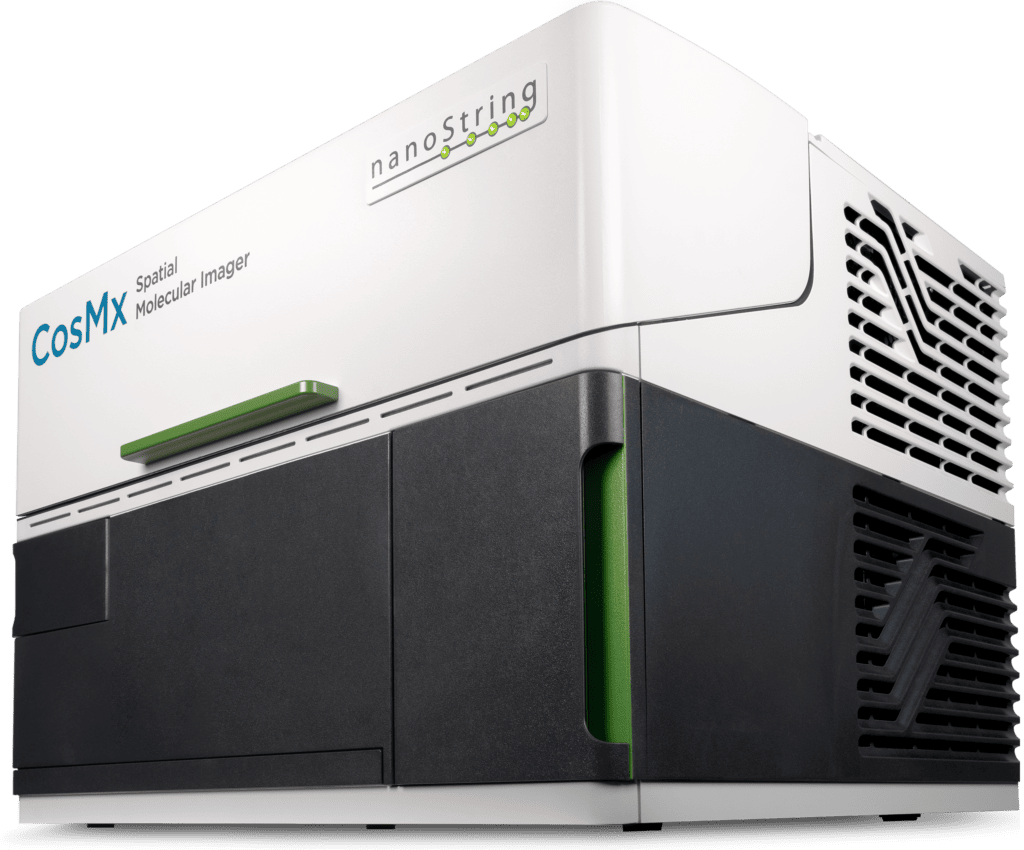Large Scale Targeted Proteomics Platform
The Proteomics platform at the McGill Genome Centre enables large-scale high-throughput, quantitative analysis of proteins across a wide range of biological samples. Using both immunoassay- and aptamer-based and aptamer-based technologies, we support studies in biomarker discovery, disease mechanism research, and therapeutic development. The system offers a suite of complementary profiling platforms - each optimized for different levels of protein coverage, throughput, and sample requirements. Researchers can select targeted or exploratory approaches, depending on their study design. Projects are supported by dedicated project managers and integrated with bioinformatics pipelines for both standard and custom analyses.
“High-plex proteomics now lets us detect subtle shifts in protein expression - exactly what’s needed for early biomarker discovery and precision medicine.”
Pouria Jandaghi
Common Applications
Biomarker discovery
For disease diagnosis, prognosis, and treatment response
Drug Target Validation, Mechanisms-Of-Action Studies, and Patient Stratification
Clinical Cohort Profiling
Across disease areas including oncology, cardiometabolic, and neurodegenerative conditions
Multi-Omics Integration
With genomic and transcriptomic data to generate comprehensive molecular insights
Olink Proteomics
(PEA-Based)
Certified Gold-Level Core Facility
Explore HT: 5,416 proteins; high-throughput profiling across all major pathways
Reveal: ~1,000 immune- and inflammation-focused proteins; streamlined NGS workflow
Explore 384: ~370 proteins across cardiometabolism, neurology, oncology
Target 96 / 48: Panel-based profiling of 92 (relative quantification) or 45 (absolute quantification) proteins, including cytokines and immune markers
Flex: Custom 21-plex panels with absolute or relative quantification
SomaLogic SomaScan®
(Aptamer-Based)
SomaScan 11K Assay: ~11,000 proteins; broad discovery applications
SomaScan 7K Assay: Balanced depth and throughput
Custom / Disease-Specific Panels: Focused profiling in oncology, neurology, cardiovascular, and more
Illumina Protein Prep (IPP)
(Aptamer-Based)
~9,500 protein targets quantified by NGS
Fully automated workflow with ~2.5-day turnaround
Compatible with DRAGEN Protein Quantification and Connected Multiomics platforms
Platform deliverables
Olink Proteomics (PEA-Based)
-
CSV file containing NPX (Normalized Protein eXpression) values in log2 scale
For Target 48 panel, includes NPX and absolute quantification
-
Includes internal and external control metrics
Reports intra-run CV, inter-run CV, and total-run CV
Lists biomarkers and samples flagged by QC criteria
-
Requested volume: approximately 55 µL of plasma or serum
Only 10 µL is used for analysis
Remaining sample is returned
Extra volume supports possible reruns and ensures accurate pipetting with liquid handlers
SomaLogic SomaScan (Aptamer-Based)
-
Delivered as ADAT files (tab-delimited ASCII format)
-
Includes flags for hybridization and dilution scale factors
Calibrated against reference standards
Contains LOD/LOQ values and intra-assay CV
-
Requested volume: approximately 120 µL
Only 60 µL is used for analysis
Excess sample is returned
Additional volume requested for potential reruns and pipetting consistency
llumina Protein Prep (Aptamer-Based)
-
ADAT file with normalized protein counts generated via DRAGEN Protein Quantification
-
Delivered as part of the DRAGEN workflow
Includes intra-run CV, inter-run CV, and total-run CV
-
Requested volume: approximately 110 µL
Only 55 µL is used for analysis
Remaining sample is returned
Extra volume supports reruns and precision pipetting with liquid handlers
Integrated Support and Data Analysis
All proteomics platforms include standard data processing and quality control reporting, as described above.
For projects requiring advanced data interpretation—such as pathway analysis, integrative multi-omic comparisons, or custom statistical workflows - additional bioinformatics support is available through the Canadian Centre for Computational Genomics (C3G). These services are not included in the standard deliverables and must be requested separately.
Spatial Proteomics
For protein profiling within intact tissue architecture, we offer high-resolution spatial technologies such as the NanoString GeoMx DSP and CosMx SMI. These platforms enable spatially resolved protein expression from FFPE and fresh-frozen tissues, with cellular or subcellular resolution. (See Spatial Genomics and Multiomics)





